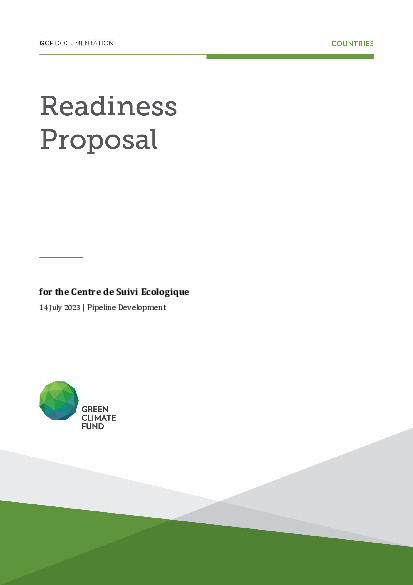Readiness Support for the Implementation of the IRMF for DAE (Fast-Track)

Readiness Support for the Implementation of the IRMF for DAE (Fast-Track)
The main pillars of Senegal’s economy, agriculture and livestock, are extremely vulnerable to the impacts of climate change: increased rainfall variability, land salinization, water erosion and the reoccurrence of climate-related emerging phytosanitary diseases leading to yield losses, declining incomes and unsustainable livelihoods for rural populations. This project seeks to reduce the vulnerability of small producers and family farms to climate change through the modernization and intensification of production systems and better integration of opportunities for agriculture-livestock-fishing into small farms. Specifically, the project aims to:
(i) Develop year-round productive activities and ensure sustainable food security through improved water resource management;
(ii) Strengthen and diversify productive bases for rural farmers through the introduction of resilient agroforestry practices and livestock value streams;
(iii) Professionalize producer organizations for improved access to finance, streamlined operations, improved technical assistance to farmers, and expanded opportunities for entrepreneurship and income generation.
In total, the project is expected to impact 46,940 direct beneficiaries, and 1,480,329 indirect beneficiaries from the populations of the departments where the farms are implemented.
With initial success of the Naatangue farms model, demand for expansion has risen to a level that can’t be met by the agency or government with available resources (68% shortfall). Further, inherent climate risks in rain fed agricultural activities translate into financial risk aversion for private investment and traditional agricultural lending because financial institutions tend to be reluctant to finance adaptation products and farmers rely on increasingly less dependable rains. These issues combined create a financial gap that needs to be closed to support long-term climate resilience in the sector/regions. GCF grant investment can help bridge this gap and provide critical support and scaling for climate resiliency and food security through this innovative farming model while also helping create additional investor confidence for the private sector.